At the forefront of advancing resurgence and decolonization
Emerging Indigenous scholars embody the skills, knowledge and visionary leadership needed to address ongoing settler colonialism.

In 2015, Universities Canada committed to the Principles of Indigenous Education, resulting in several initiatives, including establishing senior Indigenous leadership positions. Hiring more Indigenous faculty was a key strategy to achieve the reconciliation goals. By 2018, only 1.4 per cent of all faculty self-declared as Indigenous. But since then, the number of emerging Indigenous scholars has continued to grow.
Experiences of Indigenous faculty
Initially, many Indigenous academics engaged actively in university reconciliation efforts. However, there is growing frustration with the performative nature of many actions. There is an expectation now for more settler allies to lead reconciliation efforts, allowing Indigenous faculty to focus on the deeply transformative work of resurgence and decolonization. These competing goals create tension within the ethical spaces of engagement. Consequently, Indigenous faculty often experience isolation, deficit theorizing, racial microaggressions like tone policing, tokenism and systemic racism and colonialism in their workplaces.
While senior Indigenous faculty endured these challenges, such experiences are no longer acceptable as a rite of passage for new scholars. Senior Indigenous faculty can play the role of academic Aunties and Uncles, supporting emerging Indigenous scholars in navigating these experiences in ways that allow them to thrive.
The Emerging Indigenous Scholars Circle (EISC)
The EISC at Royal Roads University, launched in August 2023, with the hiring of two scholars. When our school of business hired an Indigenous scholar she was invited to join the EISC. The plan is to hire two Indigenous scholars per year, for three years. Each scholar is offered a three-year term in a department that aligns with their academic and research strengths.
As chair, I affirm the strengths that these younger scholars already possess. I provide individualized coaching and mentorship in ways that support their work. For instance, we discuss course planning complexities that integrate Indigenous ways of knowing for settler and visiting students.
We debrief situations where they wish they had been more assertive in meetings and strategize on addressing tokenism. We explore the imposter phenomenon and how it upholds patriarchy and colonialism. I invite senior Indigenous scholars from across Turtle Island to meet with them to build connections. These senior scholars share their experiences regarding establishing research priorities, preparing for annual review and handling difficult conversations with colleagues. Their encouragement and support are invaluable.
Who are emerging Indigenous scholars?
Emerging Indigenous scholars are diverse, motivated, inspiring, intelligent and accomplished. They maintain deep connections to their communities, bringing to the academy their nations’ cultural and linguistic traditions. These ways of knowing guide them to conduct their academic work with integrity. These scholars have earned graduate degrees across a wide range of disciplines. They possess a worldly perspective and a profound understanding of colonial influences within academic institutions. Having navigated Indigenous and colonial knowledge systems with persistence and resilience, they have overcome significant barriers and surpassed expectation. In my opinion, emerging Indigenous scholars embody the skills, knowledge and visionary leadership needed to address ongoing settler colonialism, the climate crisis and societal conflict. They are at the forefront of advancing resurgence and decolonization.
Lessons learned so far for the EISC
We learned that while many of our settler colleagues are eager to work with us, they often report that they learned very little about Indigeneity during their own university experiences. As such, I point them toward the widely available resources so that they continue to address their own learning needs. By doing so, this creates space for the emerging Indigenous scholars to learn their academic craft without the burden of having to teach our colleagues.
This year, we cherished the privilege of working openly and honestly with one another. We created space for serious discussion and boisterous laughter. We identified institutional gaps and barriers, which I have worked to address. We have had much to celebrate. These emerging scholars have revised and taught courses, published papers, and presented at conferences. They engage in committee work and contribute to the academic enterprise, enhancing the Indigenous presence on our campus.
My relationships with these emerging scholars are the best part of my job. They inspire me. I thrive on their stories and our laughter. I cheer them on as they complete their dissertations and rock their conference presentations. I listen proudly as they share their impactful teaching moments, and feedback they receive. I root for them when they stand up for themselves and advocate for one another. It has been a great year. And we are growing. We are excited to welcome the next two emerging Indigenous scholars to the circle this summer.
If you would like to develop your own mentorship program for new Indigenous faculty please reach out. If you’d like to participate in one of our webinars for Indigenous scholars, either as a participant or a speaker, please contact me at [email protected].
Shauneen Pete is chair of the Emerging Indigenous Scholars Circle at Royal Roads University.
Featured Jobs
- Engineering - Assistant Professor, Teaching-Focused (Surface and Underground Mining)Queen's University
- Director of the McGill University Division of Orthopedic Surgery and Director of the Division of Orthopedic Surgery, McGill University Health Centre (MUHC) McGill University
- Soil Physics - Assistant ProfessorUniversity of Saskatchewan
- Anthropology of Infrastructures - Faculty PositionUniversité Laval
- Canada Impact+ Research ChairInstitut national de la recherche scientifique (INRS)



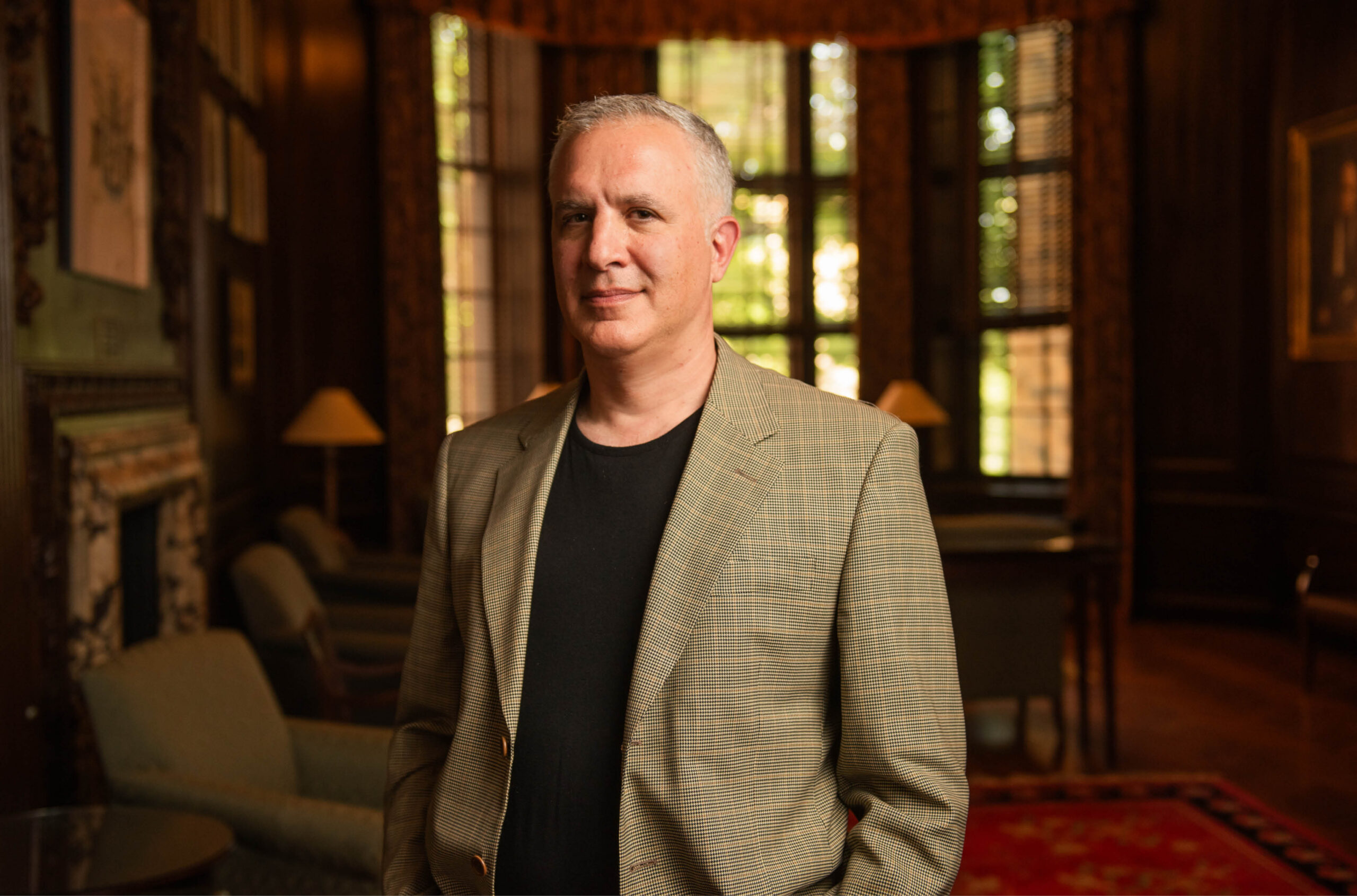
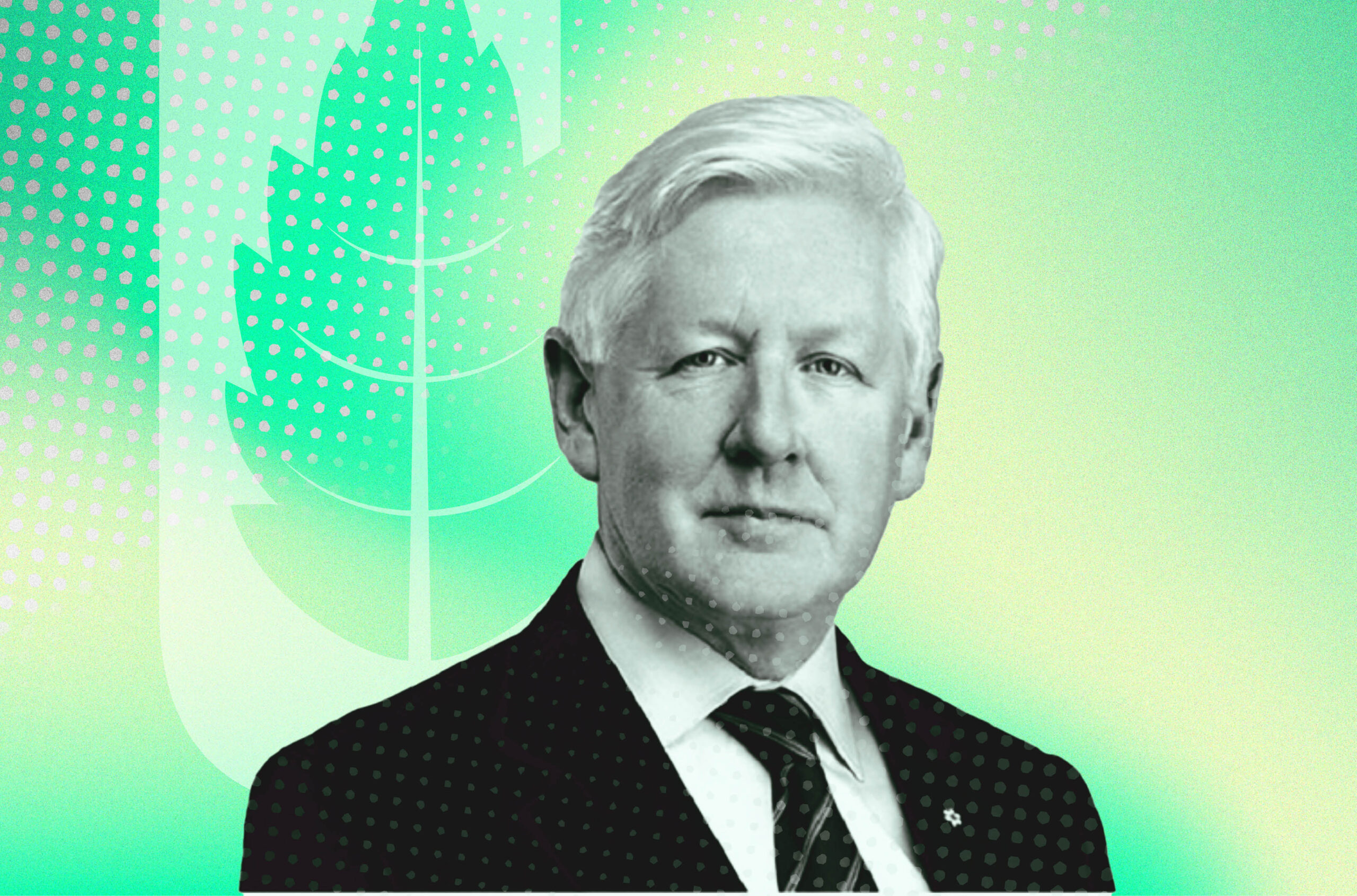
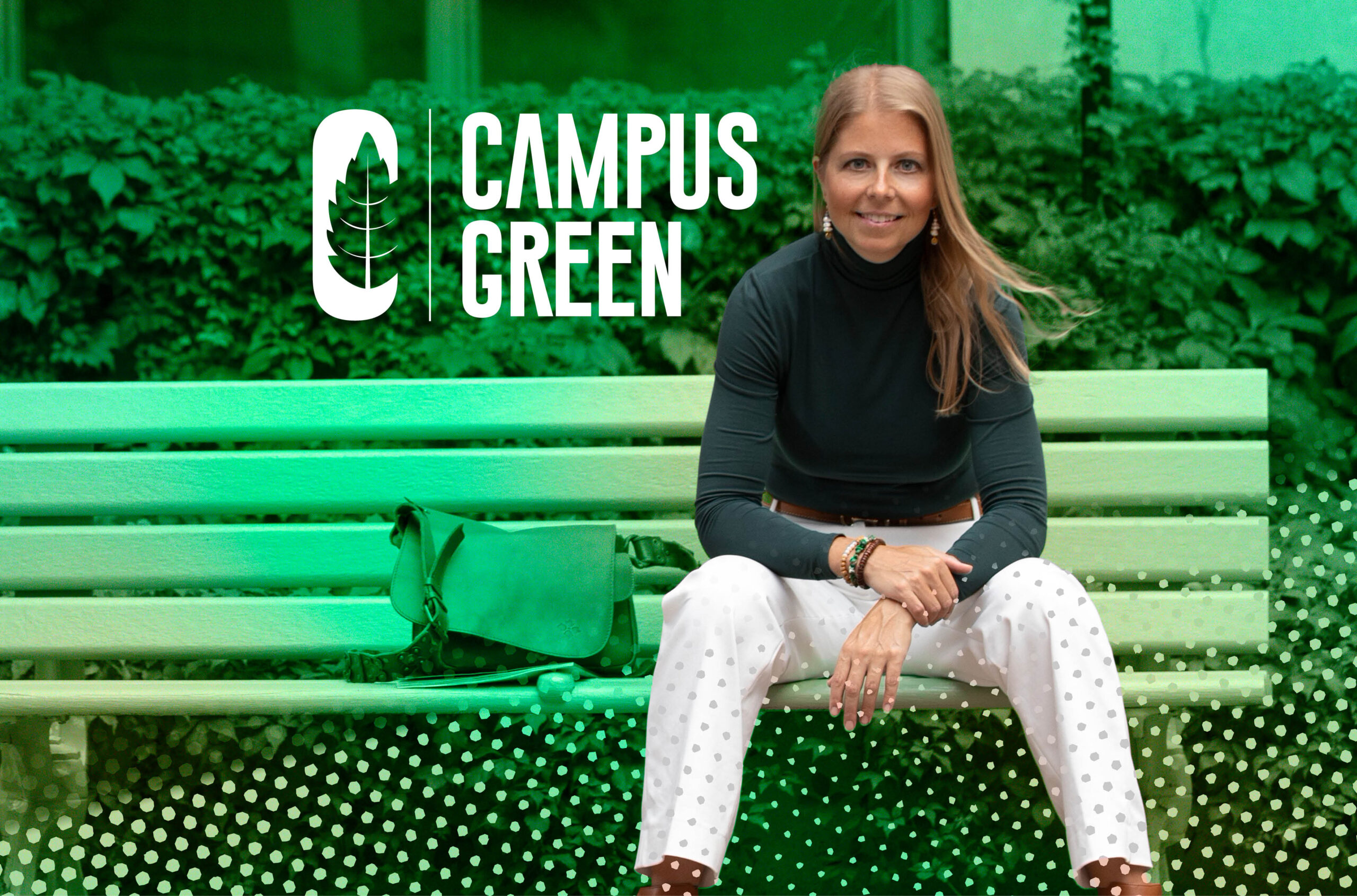
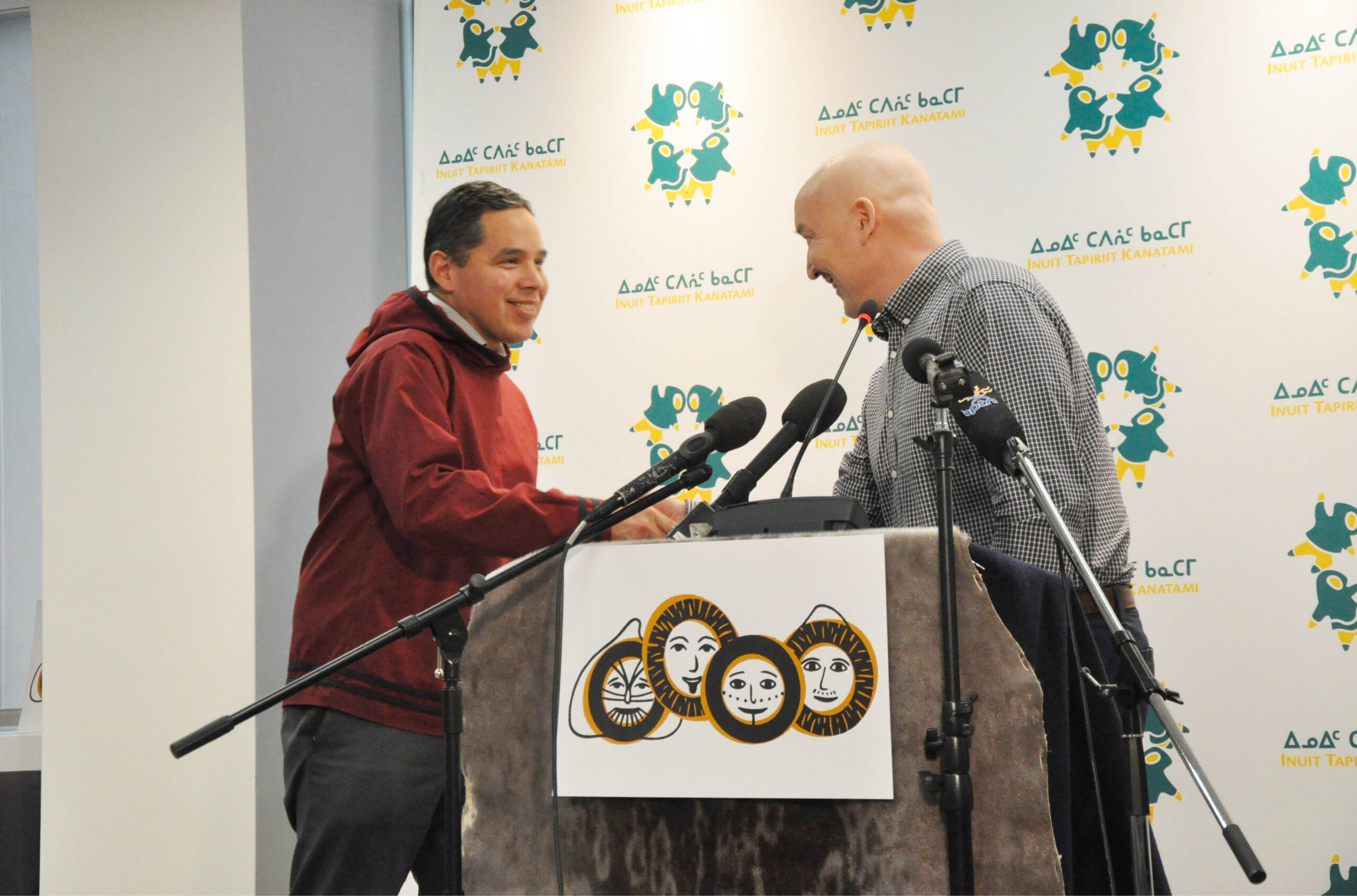
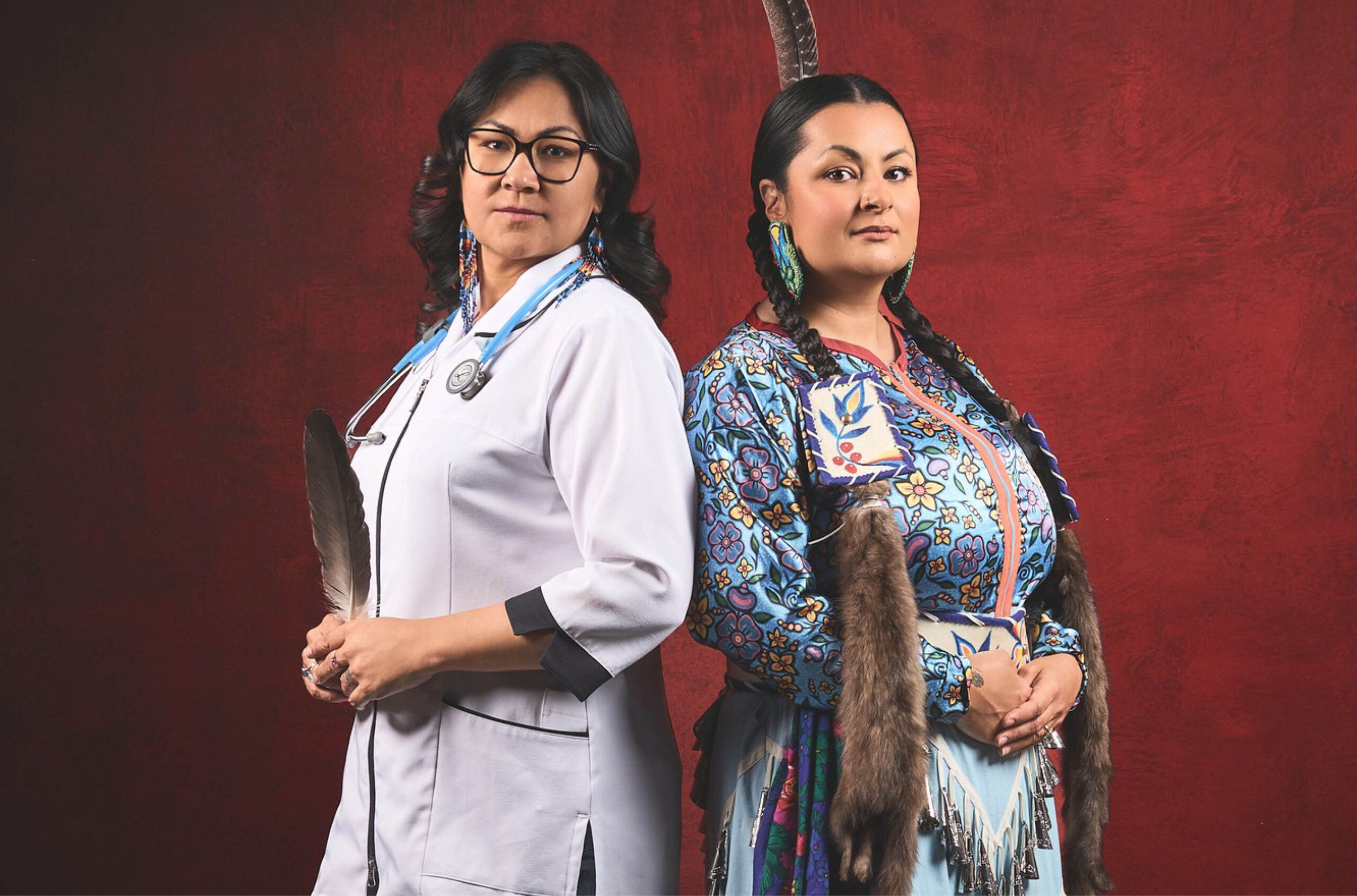

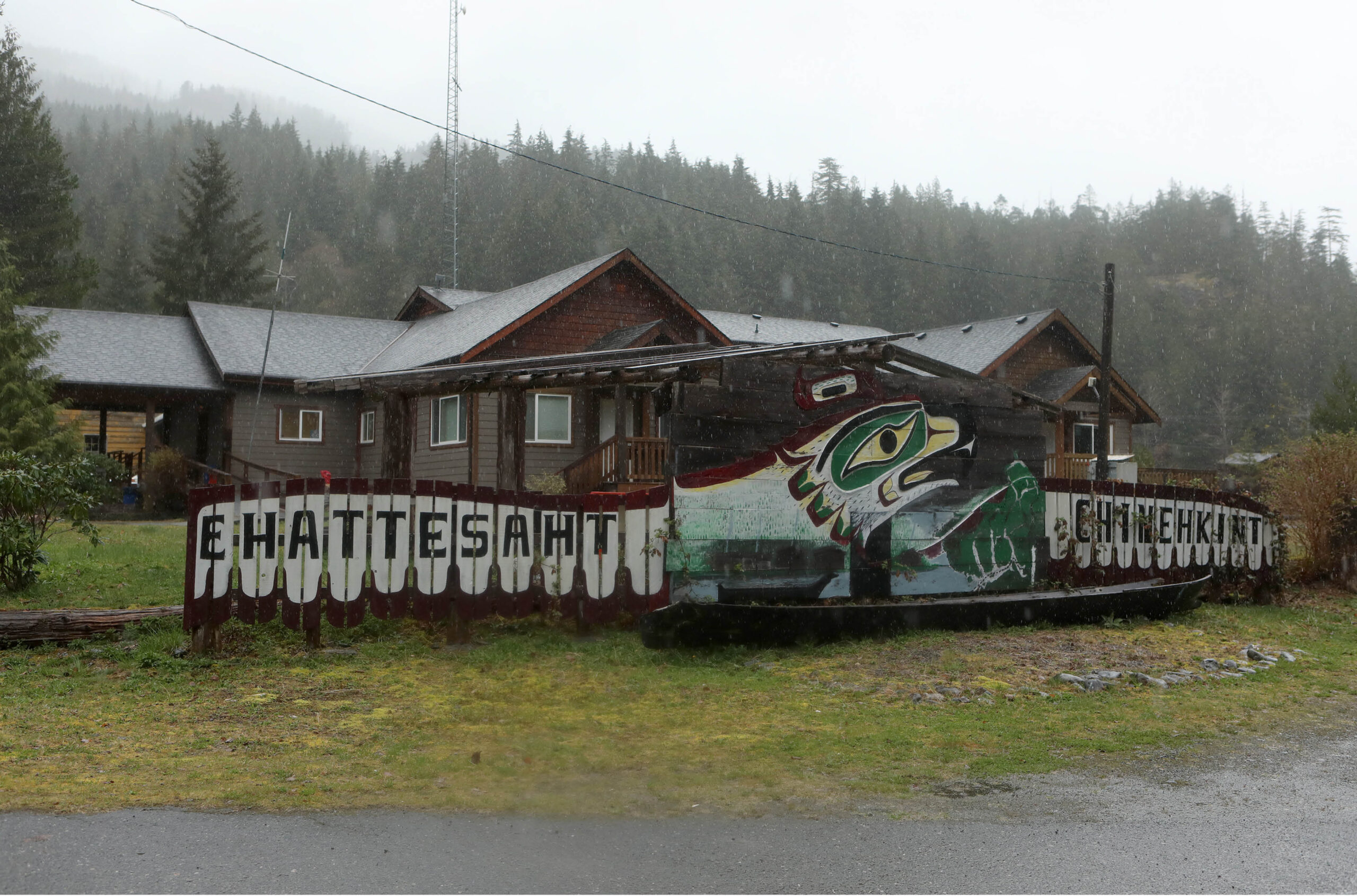



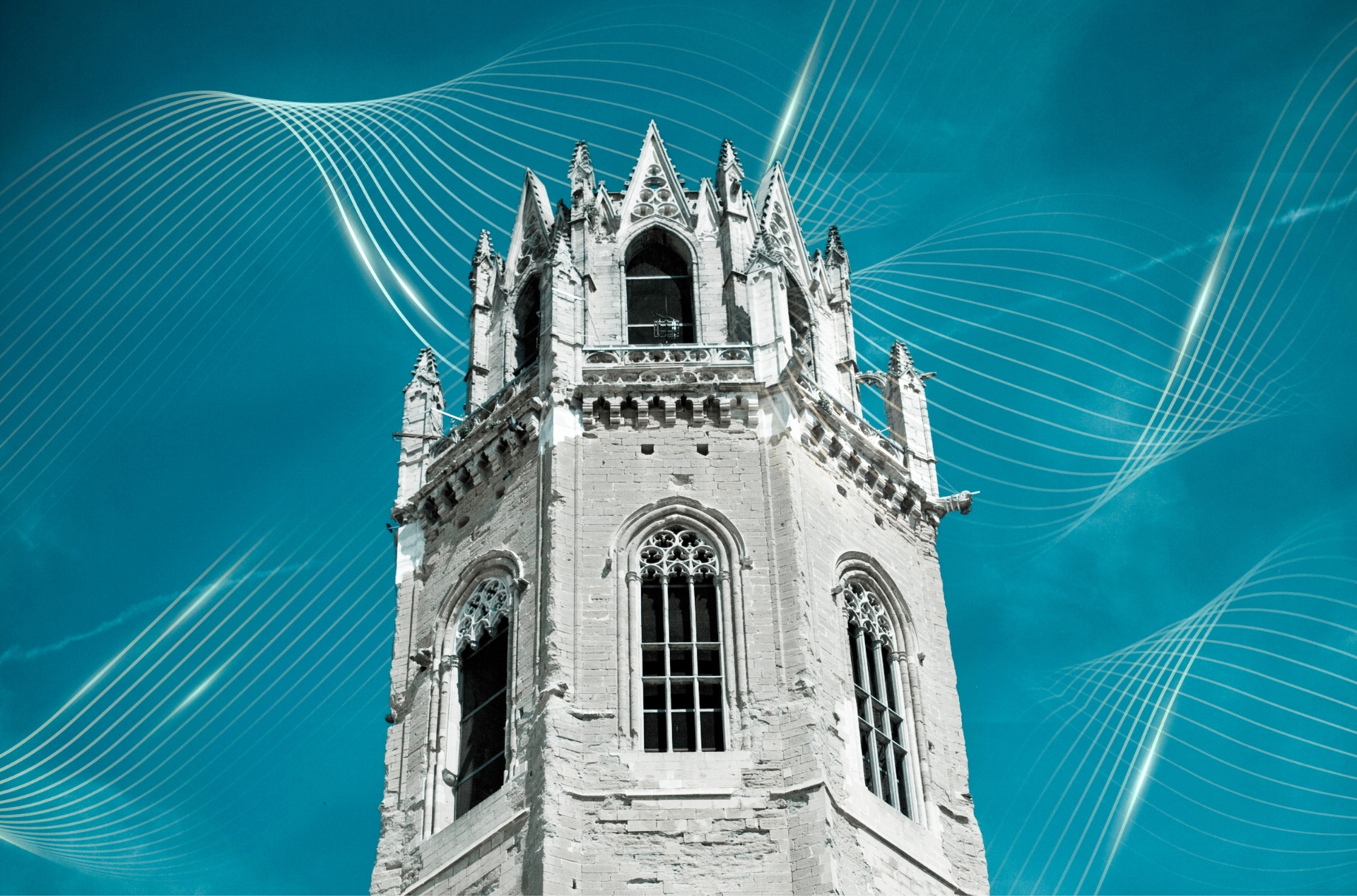
Post a comment
University Affairs moderates all comments according to the following guidelines. If approved, comments generally appear within one business day. We may republish particularly insightful remarks in our print edition or elsewhere.